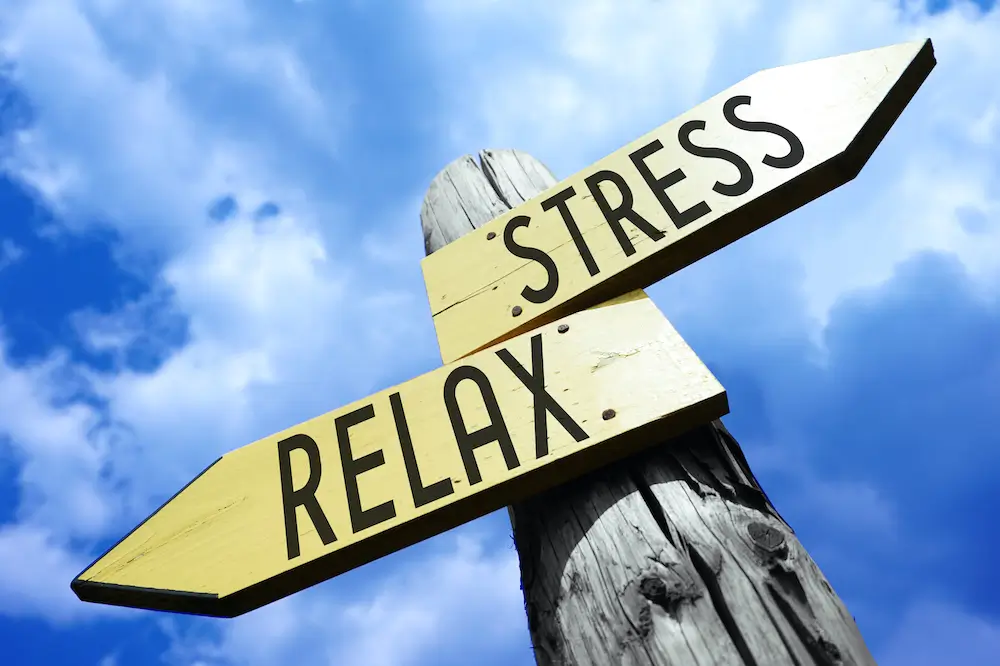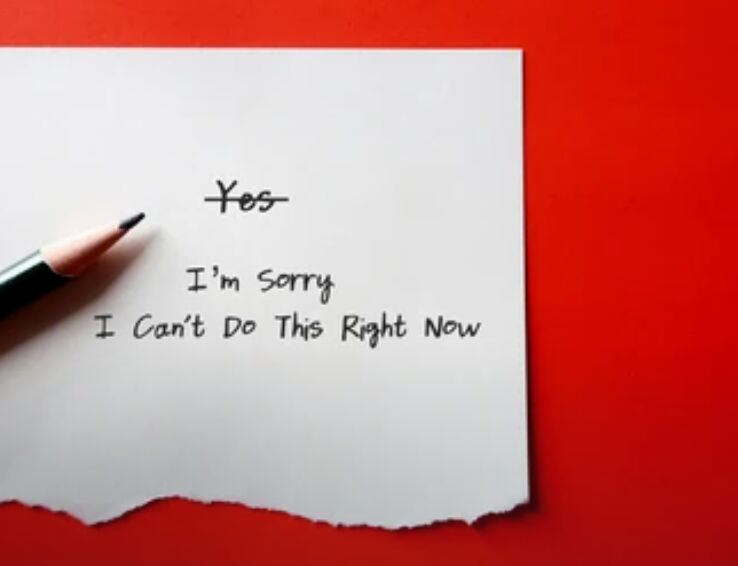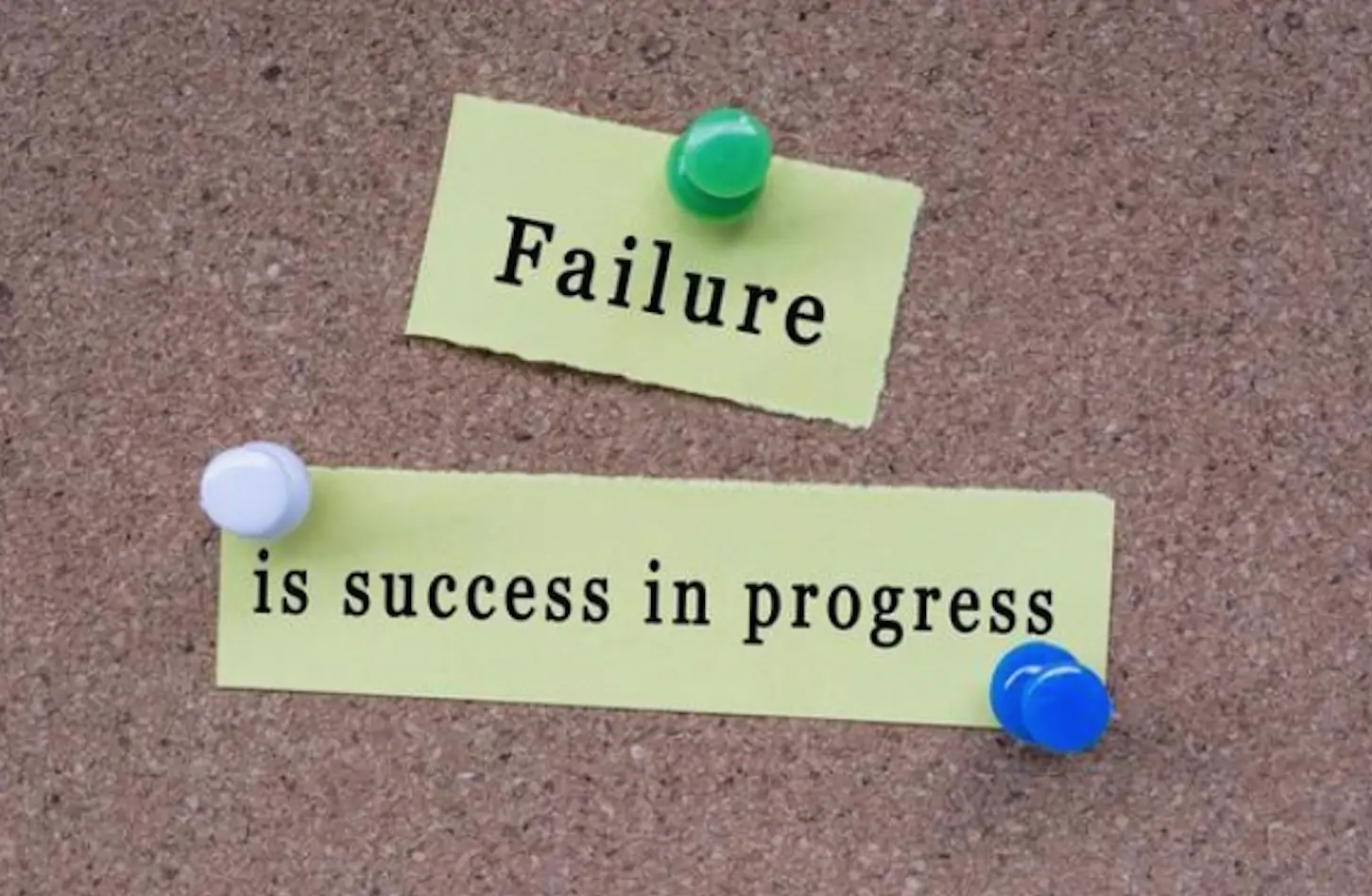Here are 9 natural remedies to help yourself – without medication.
Today, stress has become almost a normal part of life. Many of us are constantly racing from one task to the next, trying to meet deadlines, juggle responsibilities, and keep everything under control; yet we rarely feel a sense of completion. Endless to-do lists, the pressure to be perfect, and perceived obligations can make us feel like we’re always behind.
Sometimes, we don’t even realize we’re stressed. We might find the pace exhilarating, like a challenge that drives us to prove our worth. But underneath, there’s often a quiet voice whispering that it’s too much, that we might crash at any moment. Still, we push on.
Stress is the physiological and psychological arousal we experience in response to a perceived challenge or demand. While some stress can energize us and fuel our motivation, chronic stress is harmful to our physical and emotional health.
External events certainly play a role in triggering stress, but our internal perception and response matter just as much. What overwhelms one person may barely irritate another. It’s not always what happens that stresses us, but how we interpret it.
The way we perceive and handle a situation determines our stress response. If we see a situation as a threat beyond our capacity to cope, we feel overwhelmed. This is why self-awareness and self-management are key.
Signs You May Be Experiencing Unhealthy Levels of Stress:
Physical Symptoms: Digestive problems; aches and pains in the body; racing heartbeat; frequent colds or infections
Emotional Symptoms: Constantly feeling overwhelmed; irritability or short temper; feelings of loneliness; lack of joy or enthusiasm
Mental Symptoms: Negative thinking; persistent worry; difficulty making decisions; trouble concentrating
Behavioral Symptoms: Sleep disturbances; increased use of alcohol or drugs; overeating or loss of appetite; social withdrawal
9 Natural Ways to Manage Stress and Anxiety
Medication is rarely the answer. But small, consistent habits rooted in natural, holistic approaches can already make a big difference over time.
1. Breathe Deeply and Mindfully
Our breath is our anchor. Shallow, rapid breathing fuels stress—while slow, conscious breathing calms our nervous system.
Inhale for 4 counts, hold for 4, exhale for 6. Repeat 5 times. The essence of life depends on two physical functions: in and out (relating to the lungs); receiving and letting go, (relating to our digestive system). Exhaling longer than inhaling for a few minutes recreates the physiological balance. Follow Dr. Weil’s 4-7-8 breathing technique.
2. Connect with Nature
Spending time outdoors— nature helps regulate cortisol levels and lifts the mood. Start walking in a park or around the block, any outdoor activity can restore balance and bring a sense of peace.
3. Move Your Body
Physical activity helps release built-up tension and boosts mood-enhancing endorphins. Choose what feels good, don’t overstrain your body which will only result in self-sabotage. Even gentle stretching will be helpful.
By combining all three points – walking and stretching while breathing – you will soon experience the calming effect.
4. Eat Nourishing Foods
A stressed body needs real fuel. Focus on whole foods—vegetables, fruits, healthy fats, protein, and plenty of water. Go slowly on processed food, sugar and caffeine which may give you a quick energy boost but will worsen anxiety and fatigue. Lack of time let us easily fall into the trap of so-called convenience food.
5. Learn to Prioritize
Learn to say No! It is not your job to serve everybody’s emotional or physical needs. Identify what truly matters and let go of perfection. Focus your energy where it counts most, which is yourself.
6. Unplug and Rest
Constant digital stimulation can overload your mind. Take regular breaks from the digital world – yes, it is possible! Get at least 7-8 hours of sleep to assist your body and mind with recovering.
7. Create Quiet Moments and start journaling
Regular silence helps your nervous system reset. Start journaling – how was your day? Write down what went well and what didn’t. Your intention for the next day or even the next weeks. How do you want to feel? Go into daydreaming – nothing is impossible.
8. Reach Out for Connection
Talking to someone you trust can lighten the emotional load. Whether it’s a friend, colleague or therapist—being heard is deeply healing.
9. Lymphatic Tapping for Drainage & Relaxation
Light tapping with your open hand, just above the collarbones (around the upper chest area, over the tie-knot position) helps stimulate lymph capillaries during stress related lymphatic stagnation and encourages lymphatic movement toward the heart. As the lymphatic drainage does not function under stress, all toxins remain in our system.
Remember: chronic stress and anxiety may eventually turn into depression. Start to support your mind and body now.






